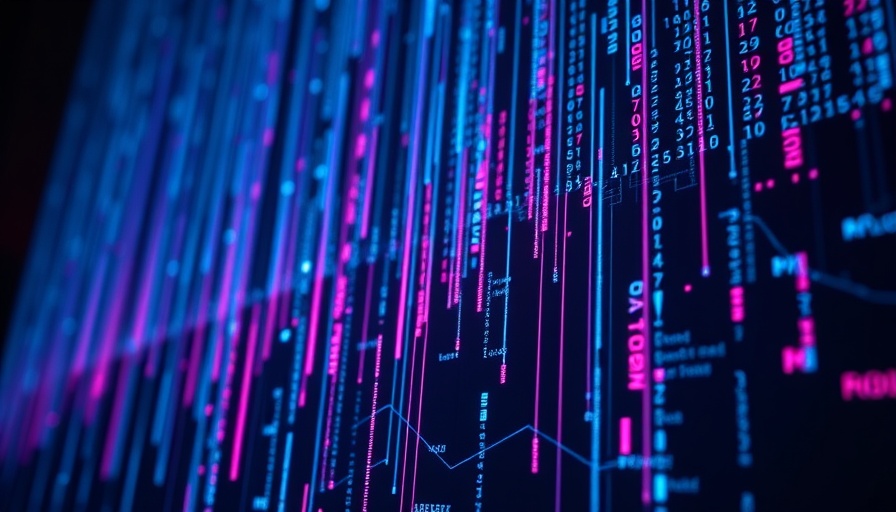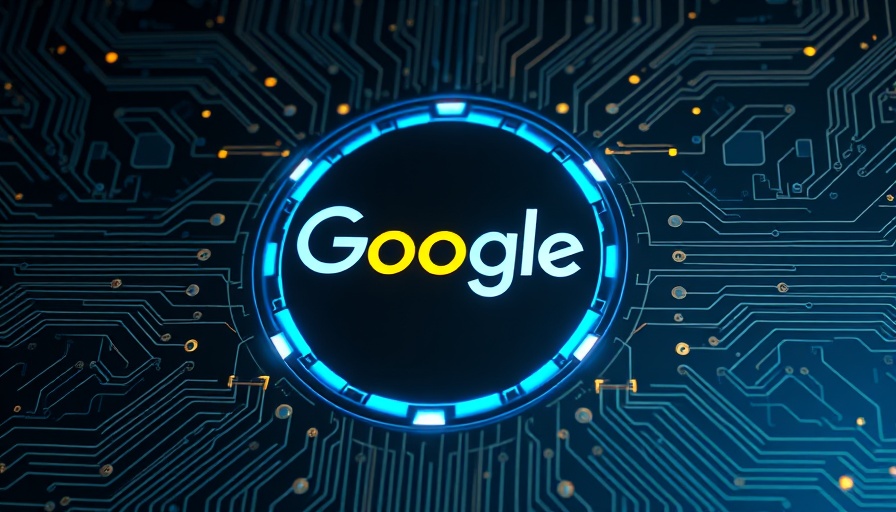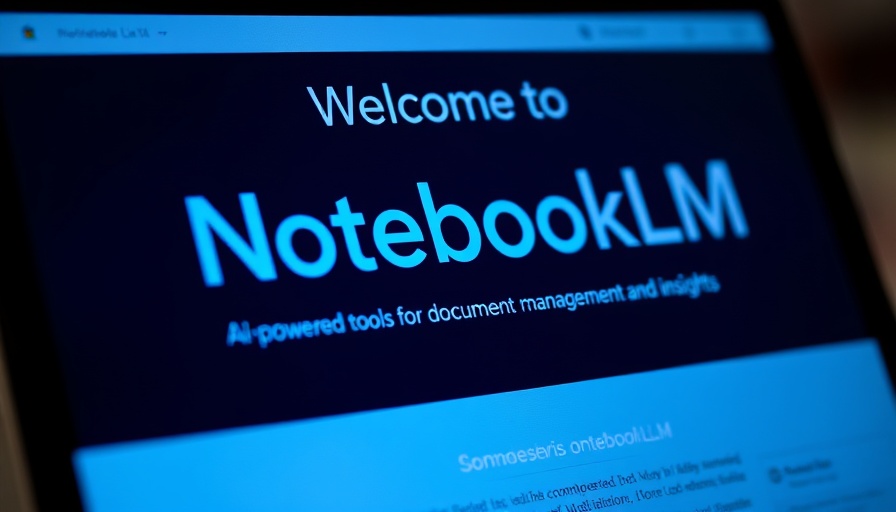
AI: A Game Changer or a Job Threat?
The question of whether AI will replace software engineers has stirred much debate. As AI technology continues to advance, its implication for professionals in technology is becoming more complex. Sarah Friar, CFO of OpenAI, recently presented a bold perspective at a Goldman Sachs conference, emphasizing the transformative role of AI agents like the newly introduced A-SWE (Agentic Software Engineer). This AI not only builds applications but manages tasks typically disliked by human developers, such as quality assurance, bug testing, and documentation.
Industry Reactions: Alarm or Adaptation?
Responses from industry veterans and analysts have varied widely. Some express alarm at the speed and depth of AI's capabilities. Andy Thurai, a technology strategist and former IBM Watson strategist, argues that for many software professionals, the rise of AI should evoke fear. 'The good ones will survive,' he claims, 'the bad ones will be gone.' This perspective highlights a potential battle for relevance as AI tools evolve.
In contrast, Lori Schafer, the CEO at Digital Wave, advocates a more pragmatic approach. She suggests that AI is not merely replacing coding tasks but is reshaping the entire paradigm of software development. As teams transition from writing code to orchestrating AI-generated solutions, the skillset required for software professionals is evolving.
A Shifting Landscape: The Future of Software Engineering
What emerges from this discourse is the actuality that AI will not entirely eliminate software engineering jobs but instead transform their nature. As AI-generated programs become more prevalent, professionals need to adapt their roles from creators to overseers. Thurai aptly highlights this point: in a race where one developer can create an app in a day while another takes weeks, the former is likely to thrive.
The Skills of Tomorrow: Embracing AI
For those in the tech industry, understanding how to leverage AI tools and agents will become essential for career survival. With AI minimizing syntax errors and optimizing project timelines, the role of human engineers is evolving. They must adapt to become not just writers of code but also scrutineers of AI-generated outputs. Adopting this mindset will be critical in maintaining competitive advantage in a rapidly changing environment.
How Organizations Must Evolve with AI Integration
Organizations that foster a culture of innovation and adaptability will stand to benefit the most from these advances. Business leaders and managers must begin emphasizing AI training and familiarization among their teams, as integration of these tools will become standard practice. Moreover, the focus should extend towards building strategic teams that employ AI for larger, overarching objectives rather than just code writing.
Conclusion: The Dual Edge of AI in the Workplace
The advancement of AI raises significant questions about the future landscape of the software industry. While concerns about job security are valid, the focus should shift toward how professionals can evolve and thrive alongside these innovations. Embracing AI as a collaborative tool rather than a competitor could lead to unprecedented growth and efficiency.
As leaders in technology and business, it’s crucial to stay informed and engaged with these trends. To remain competitive, consider investing in training and resources that empower your teams to harness AI effectively. The future is not just about surviving alongside AI; it's about thriving through transformation.
 Add Row
Add Row  Add
Add 




 Add Row
Add Row  Add
Add 

Write A Comment